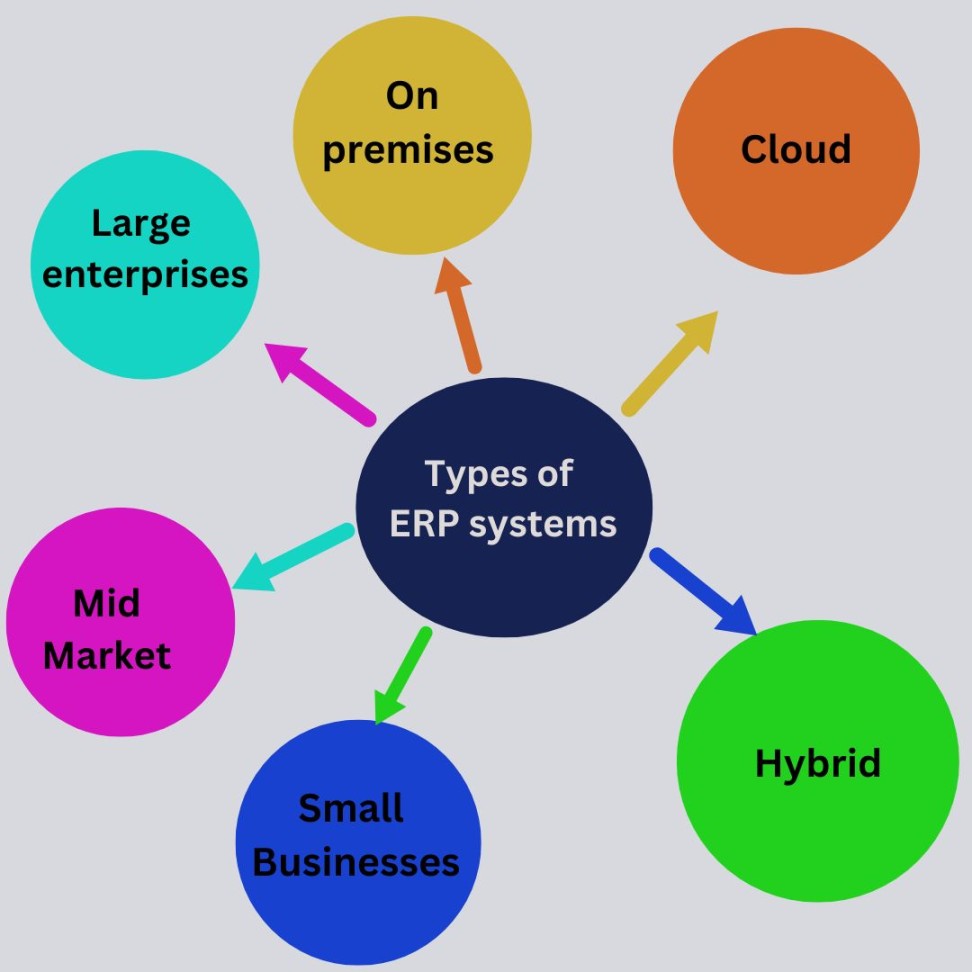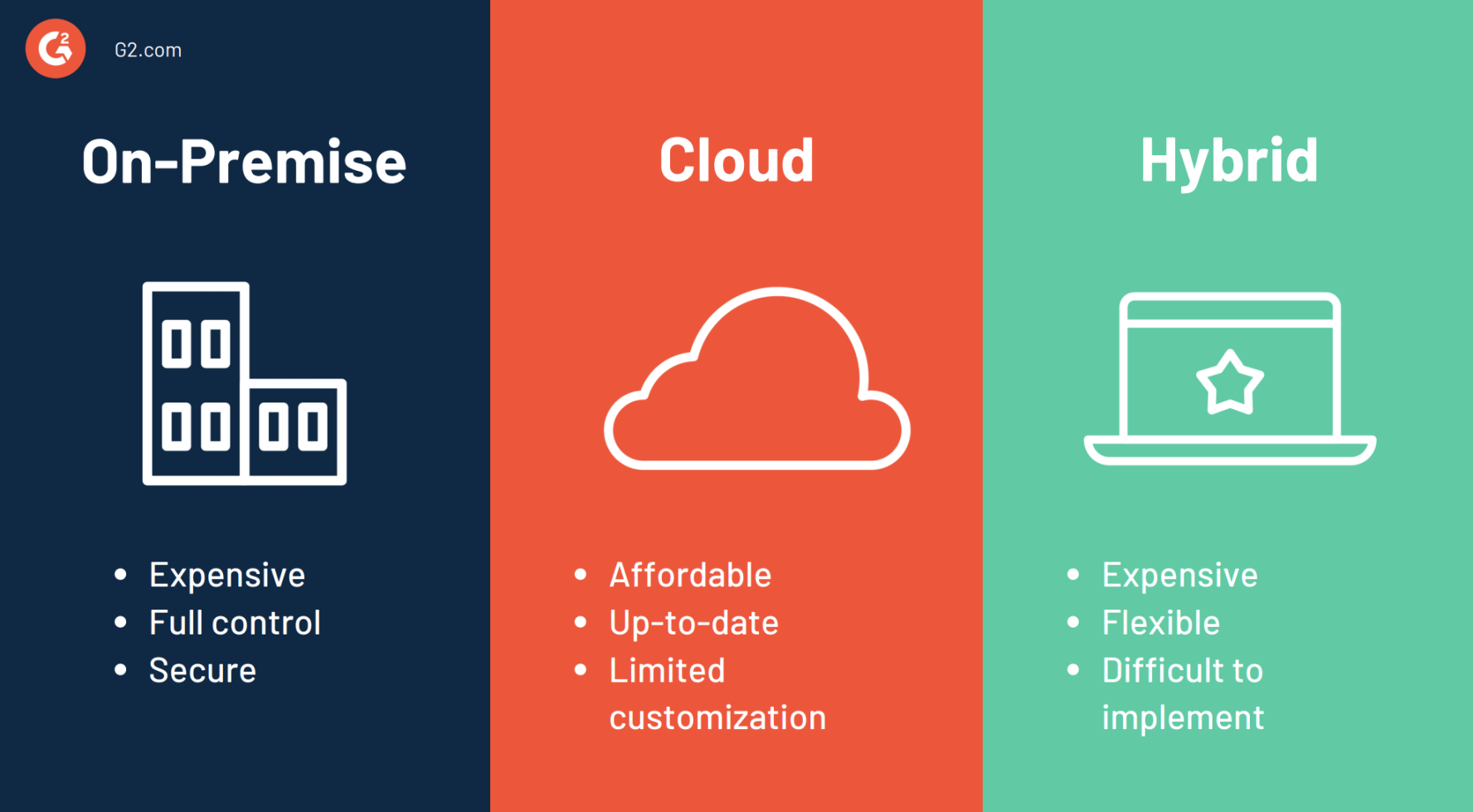Welcome to our home design website, where creativity meets functionality. Here at my blog, we are passionate about types of erp software transforming spaces into personalized sanctuaries that reflect your unique lifestyle. Whether you’re envisioning a modern oasis, a cozy cottage retreat, or a sleek urban loft, our team of talented designers is dedicated to bringing your dreams to life. Explore our portfolio, discover inspiring trends, and let us guide you through the exciting journey of crafting a space that is as beautiful as it is functional. Together, we’ll create a home that truly embodies your style and aspirations.
Types of ERP Software
What do you mean by ERP software?
ERP, which stands for Enterprise Resource Planning, is a type of software that integrates various business functions into one complete system to streamline processes and information across an organization. This allows for better decision-making, increased productivity, and improved overall business operations.
How ERP software works?

ERP software works by consolidating all of an organization’s data and processes into a single unified system. It typically includes modules for various functions such as finance, human resources, supply chain management, inventory management, sales, and customer relationship management. These modules are integrated and work together to provide a comprehensive view of the organization’s operations.
What is known about ERP software?
ERP software is known for its ability to streamline processes, improve efficiency, and provide real-time data for better decision-making. It can help organizations reduce costs, improve customer satisfaction, and stay competitive in today’s fast-paced business environment.
Solution provided by ERP software

ERP software provides solutions for various business functions such as accounting, human resources, inventory management, supply chain management, and customer relationship management. It can automate processes, improve communication between departments, and provide valuable insights through data analytics and reporting.
Information about ERP software
There are many different types of ERP software available in the market, each with its own unique features and capabilities. Some popular ERP software vendors include SAP, Oracle, Microsoft Dynamics, and Infor. These vendors offer a range of solutions for businesses of all sizes and industries.
Types of ERP software
There are several types of ERP software that cater to different industries and business needs. Some common types include:
1. On-Premise ERP: On-premise ERP software is installed and maintained on the company’s own servers and hardware. This type of ERP software offers greater control and customization but requires more upfront investment and IT resources.
2. Cloud-based ERP: Cloud-based ERP software is hosted on the vendor’s servers and accessed through the internet. This type of ERP software is more flexible, scalable, and cost-effective as it does not require upfront hardware costs and can be easily accessed from anywhere.
3. Industry-specific ERP: Industry-specific ERP software is designed for specific industries such as manufacturing, retail, healthcare, and construction. These ERP solutions are tailored to meet the unique needs and requirements of each industry, providing specialized features and functionality.
4. Open Source ERP: Open source ERP software is freely available and can be customized and modified by users. This type of ERP software is often used by smaller businesses or organizations with limited budgets, as it can be more cost-effective than commercial ERP solutions.
5. Mobile ERP: Mobile ERP software allows users to access ERP systems from mobile devices such as smartphones and tablets. This type of ERP software provides real-time data and insights on the go, enabling employees to make informed decisions and collaborate more effectively.
6. Two-tier ERP: Two-tier ERP software is a hybrid approach that combines the benefits of on-premise and cloud-based ERP systems. This type of ERP software is often used by large organizations with multiple business units or subsidiaries, allowing for centralized control and visibility while still supporting local requirements.
7. Small Business ERP: Small business ERP software is designed for small and medium-sized businesses that have unique needs and limited resources. This type of ERP software is typically more affordable and easier to implement, providing essential features for managing finances, inventory, and customer relationships.
8. Mid-market ERP: Mid-market ERP software is designed for mid-sized businesses that are too large for small business ERP solutions but not yet ready for enterprise-level ERP systems. This type of ERP software offers a balance of features, scalability, and affordability to help growing businesses manage their operations more effectively.
9. Enterprise ERP: Enterprise ERP software is designed for large organizations with complex operations and global reach. This type of ERP software offers advanced features such as multi-currency support, multi-language capabilities, and extensive customization options to meet the needs of large-scale enterprises.
10. Custom ERP: Custom ERP software is tailored to meet the specific requirements and workflows of individual organizations. This type of ERP software is often developed from scratch or heavily customized to align with the organization’s unique processes and business goals.
Conclusion
In conclusion, ERP software plays a vital role in helping organizations streamline processes, improve efficiency, and make informed decisions. With a wide range of types of ERP software available in the market, businesses can choose the right solution based on their industry, size, budget, and unique requirements. Whether it’s on-premise, cloud-based, industry-specific, or custom ERP software, investing in the right ERP system can help organizations achieve their strategic objectives and stay competitive in today’s dynamic business landscape.
FAQs about Types of ERP Software
1. Which type of ERP software is best for small businesses?
For small businesses, cloud-based ERP software is often the best choice due to its affordability, scalability, and ease of implementation.
2. How can organizations determine the right type of ERP software for their needs?
Organizations should assess their industry, size, budget, and specific requirements to determine the best type of ERP software for their needs.
3. Are industry-specific ERP solutions more expensive than general ERP systems?
Industry-specific ERP solutions can be more expensive due to their specialized features and functionality, but they often provide greater value and ROI for organizations in specific industries.
4. Is it possible to customize open source ERP software to meet specific business requirements?
Yes, open source ERP software can be customized and modified to meet specific business requirements, making it a flexible and cost-effective option for organizations with unique needs.
5. What are the key benefits of mobile ERP software for organizations?
Mobile ERP software provides real-time data and insights on the go, enabling employees to make informed decisions, improve collaboration, and stay productive while working remotely or on the go.
As you conclude your journey through our types of erp software home design website, we hope you feel inspired and empowered to embark on your own design ventures. We believe that every home should tell a story one that reflects the personalities and aspirations of its inhabitants. Whether you’re seeking innovative solutions for small spaces or grand transformations for expansive residences, our commitment to excellence and attention to detail remain unwavering. Contact us today to begin your design journey with a team dedicated to making your dream home a reality. Let’s collaborate and transform your vision into a beautifully crafted space that you’ll cherish for years to come.



